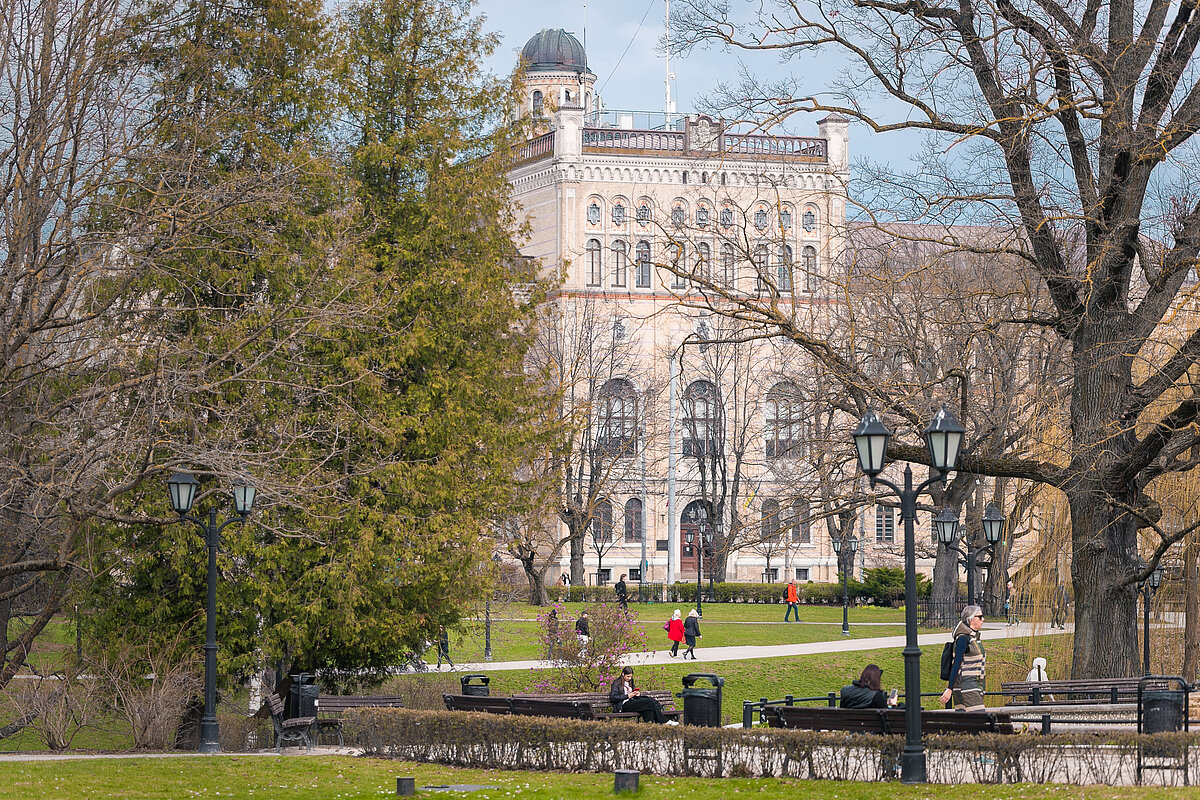
Organisers: Prof. Dagnosław Demski PhD (Institute of Archaeology and Ethnology, PAS, Warsaw), Dominika Czarnecka PhD (Institute of Archaeology and Ethnology, PAS, Warsaw), Ilze Boldāne-Zeļenkova Dr.hist. (Institute of Latvian History, University of Latvia, Riga).
The main idea of the conference revolves around research on various types of contentious collections (virtual, private, associated with museums, universities, missions, etc.) held in countries of Central and Eastern Europe. There are various understandings of ‘contentious collection’ across disciplines and countries. For the purpose of the conference, contentious collections are defined as groups of objects of non-European origin, acquired and incorporated into Central and Eastern European collections in the 19th and 20th century, in which the themes of Otherness, savagery, primitivism, exoticism and racism played a central role. They include collections and items associated with the phenomenon of ethnographic shows organised in Europe on a mass scale in the latter half of the 19th and the early decades of the 20th century. At the same time, contentious collections are collections that (along with the associated practices, representations, imaginaries and affective potentialities) create patterns that have the capacity to challenge our sense of who we are today and as a result to open up broader horizons. This conference aims to explore the complex history of contentious collections in Central and Eastern Europe, as well as the contemporary entanglements of their status, perceptions and interpretations from a comparative, transregional and dialogic point of view. Apart from exploring contentious collections, the specific non-European objects included in them, and the social actors and their networks connected to such items, the conference will discuss the history of exclusion and the consequences thereof, as well as the mobility and transformations of collections and exhibits in changing ideological, and socio-political orders and contexts in the 19th and 20th century.
We invite proposals for papers that focus, among other similarly related topics, on:
– material forms of the legacy of ethnographic shows in Central and Eastern Europe, their traces and memories related to them;
– the history of contentious collections and objects in Central and Eastern Europe in changing socio-political orders and contexts;
– the changing status, content and perceptions of contentious collections and objects in the region;
– regional, transregional and global connections as well as the movement of people, animals and things across imperial, national and international spaces and contexts;
– the ways of challenging Eastern European perceptions and definitions of the self;
– the selection processes, changing classifications, narratives and regimes of representation, including instructions for collecting / acquiring of objects followed in different time periods;
– the history of exclusion, including practices of intentional destruction, erasure, exclusion and concealment;
– the politics and ethics of storage, circulation, display and consumption of contentious collections and objects;
– conceptualisations of the ‘invisibility’ of contentious objects in the past and today;
– the affective potentialities of contentious collections and objects.
We welcome contributions that traverse different approaches, methodologies and forms of historical evidence, including among others history, art history, geography, anthropology, sociology, postcolonial and heritage studies, visual and material culture studies, music and consumption studies. We encourage scholars at different stages of their career, museum staff, curators and collectors. We aim to publish a selection of papers as a Special Issue in a peer-reviewed journal, or alternatively as an edited volume in English.
The conference language is English. Please send the abstract (max. 300 words) of a 20-minute paper and a brief bio (max. 1,000 characters) to Dominika Czarnecka (d.czarnecka@hotmail.com).
Abstract submission deadline: 31 May 2023.
You will be notified about the status of your proposal by 15 June 2023. There is no conference fee.

 Akadēmiskais centrs
Akadēmiskais centrs